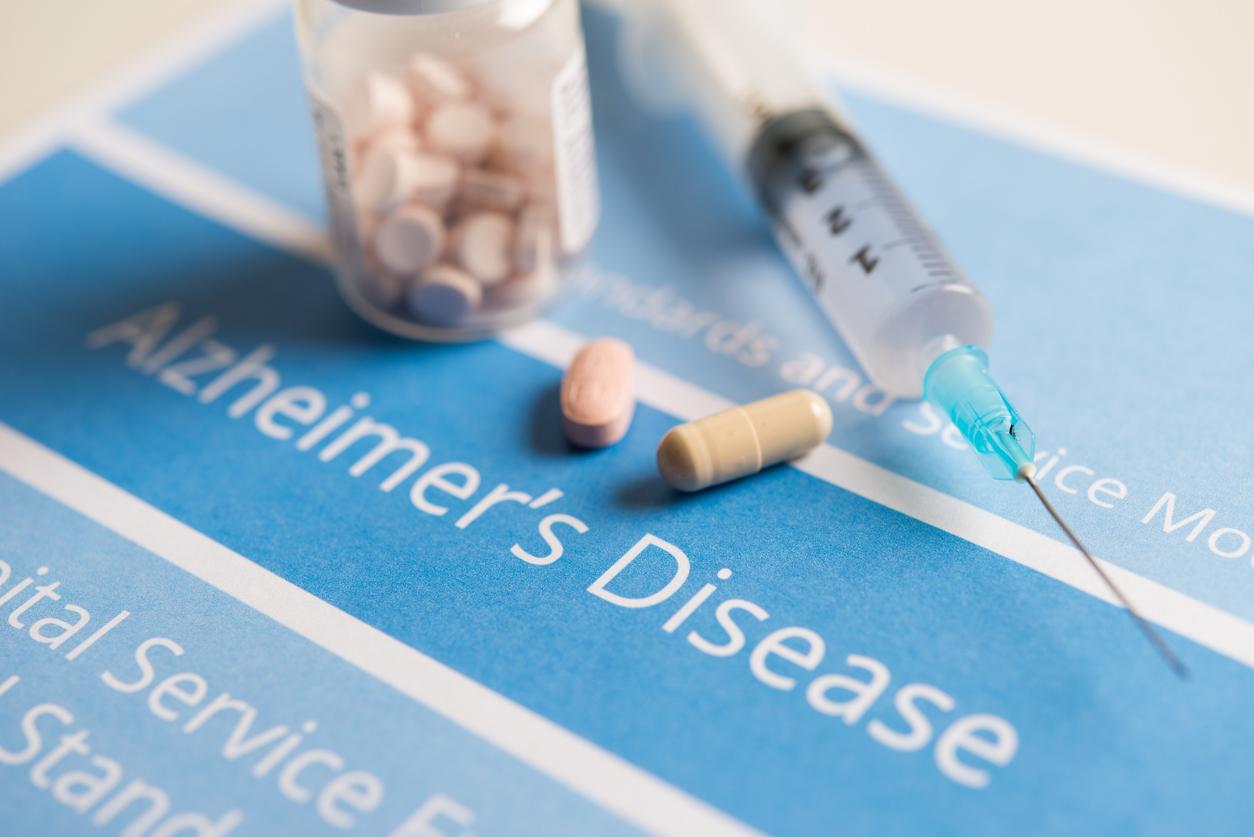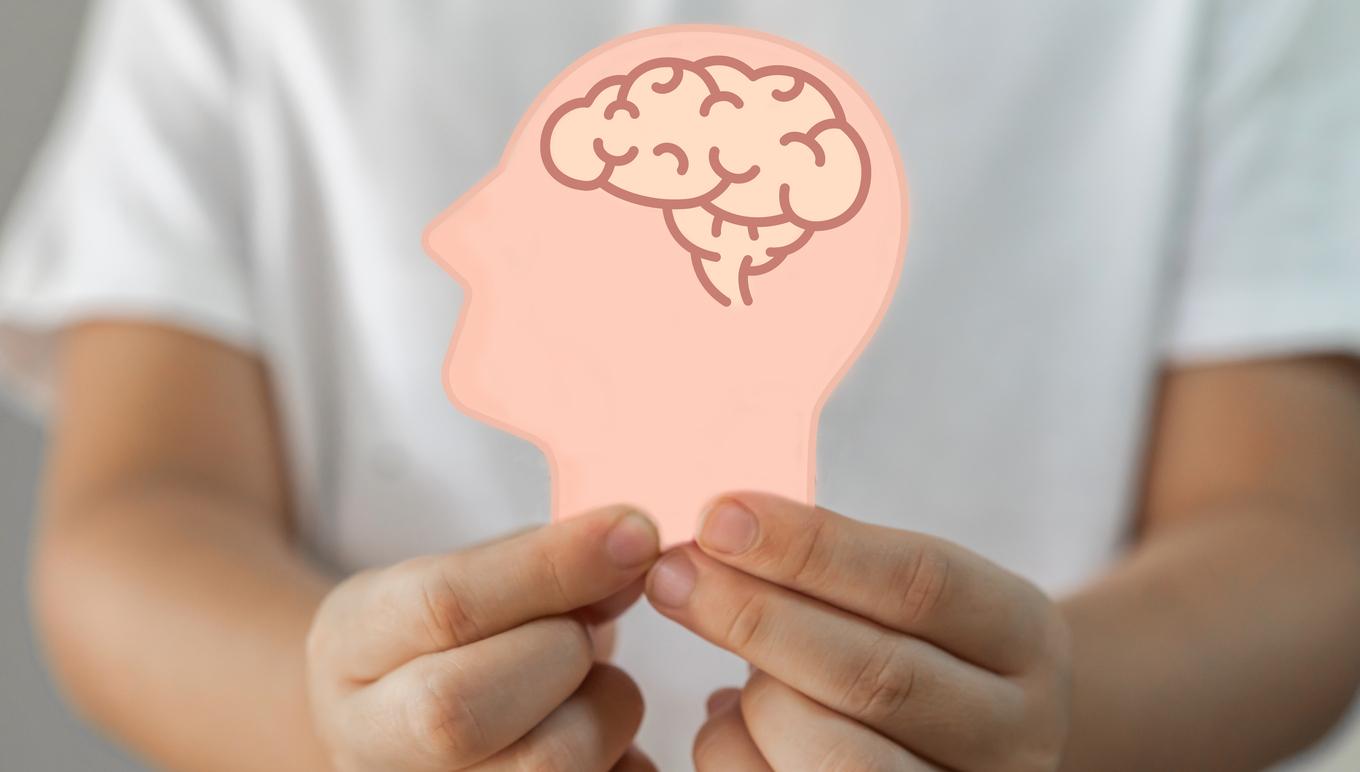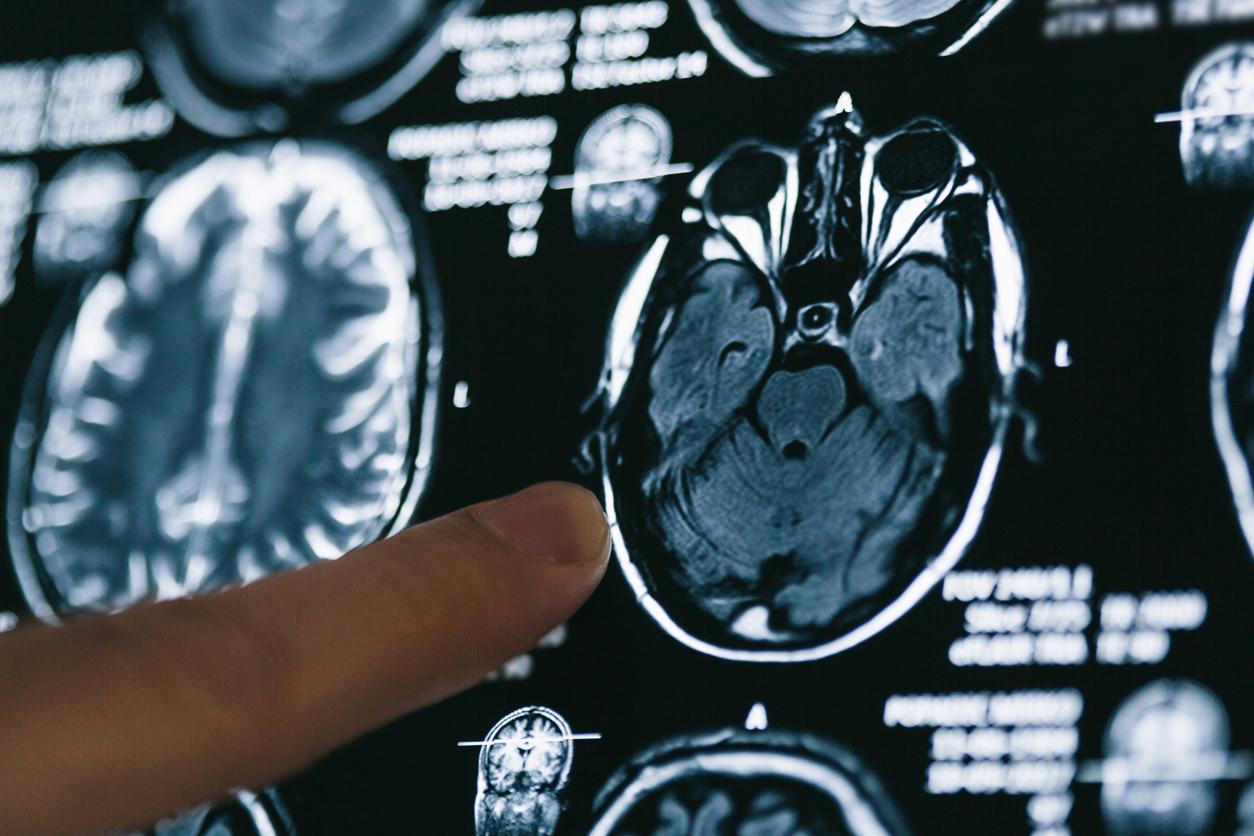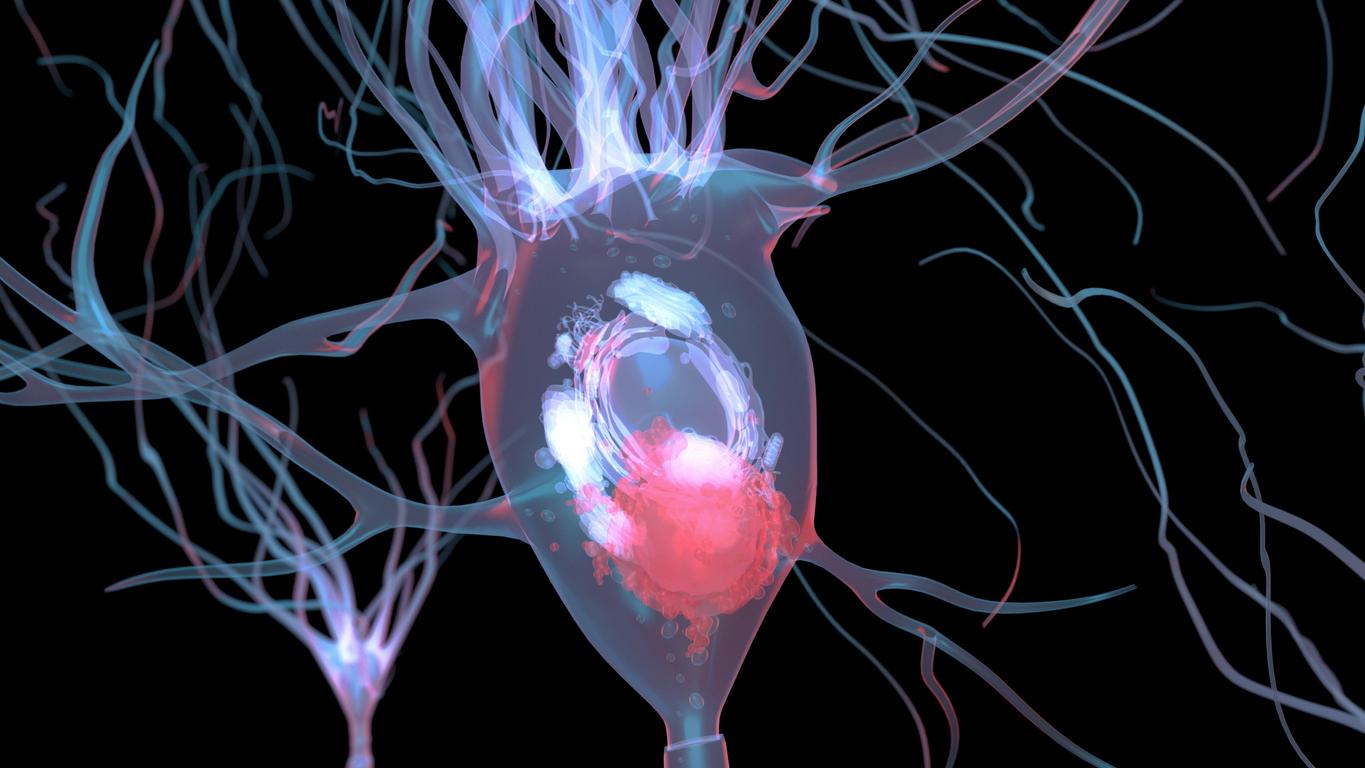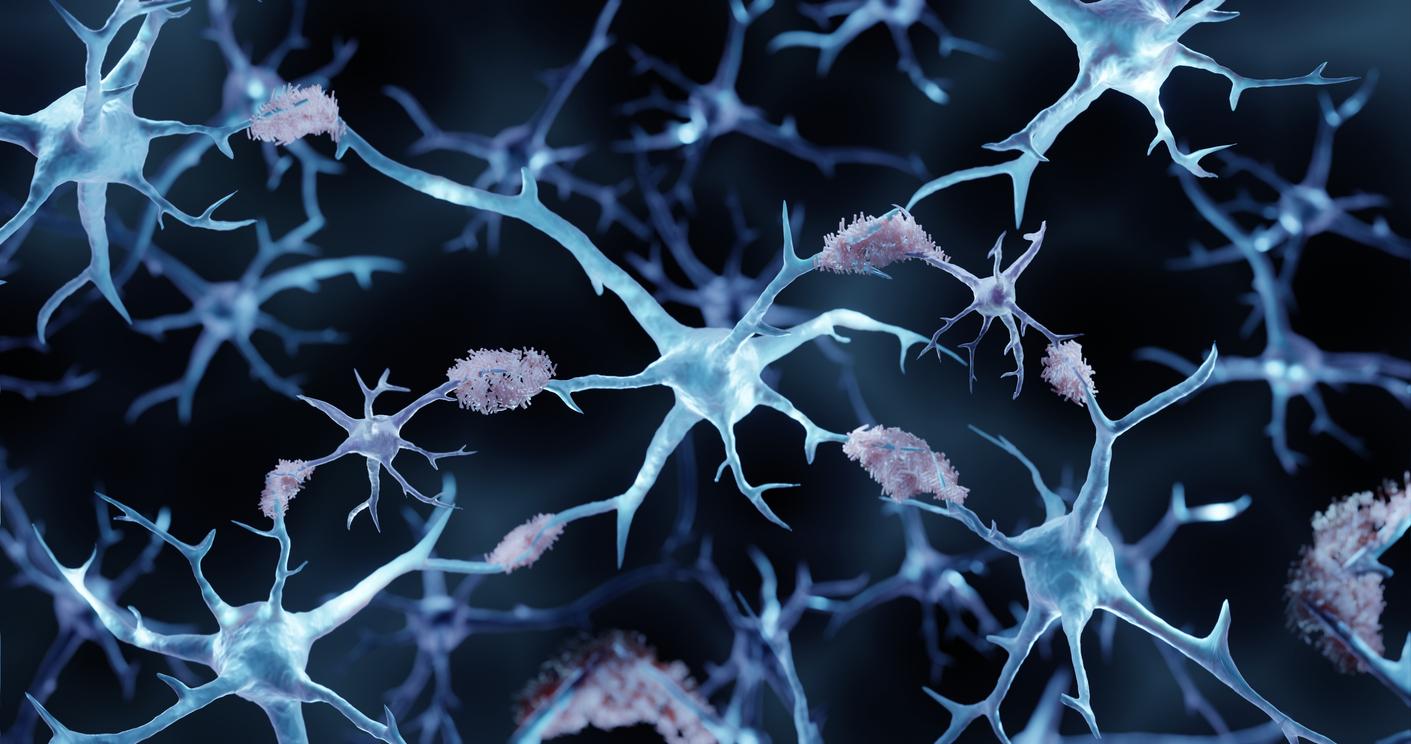Memory problems can be warning signs of Alzheimer’s disease. In case of recurrent memory loss, it is necessary to consult a health professional.
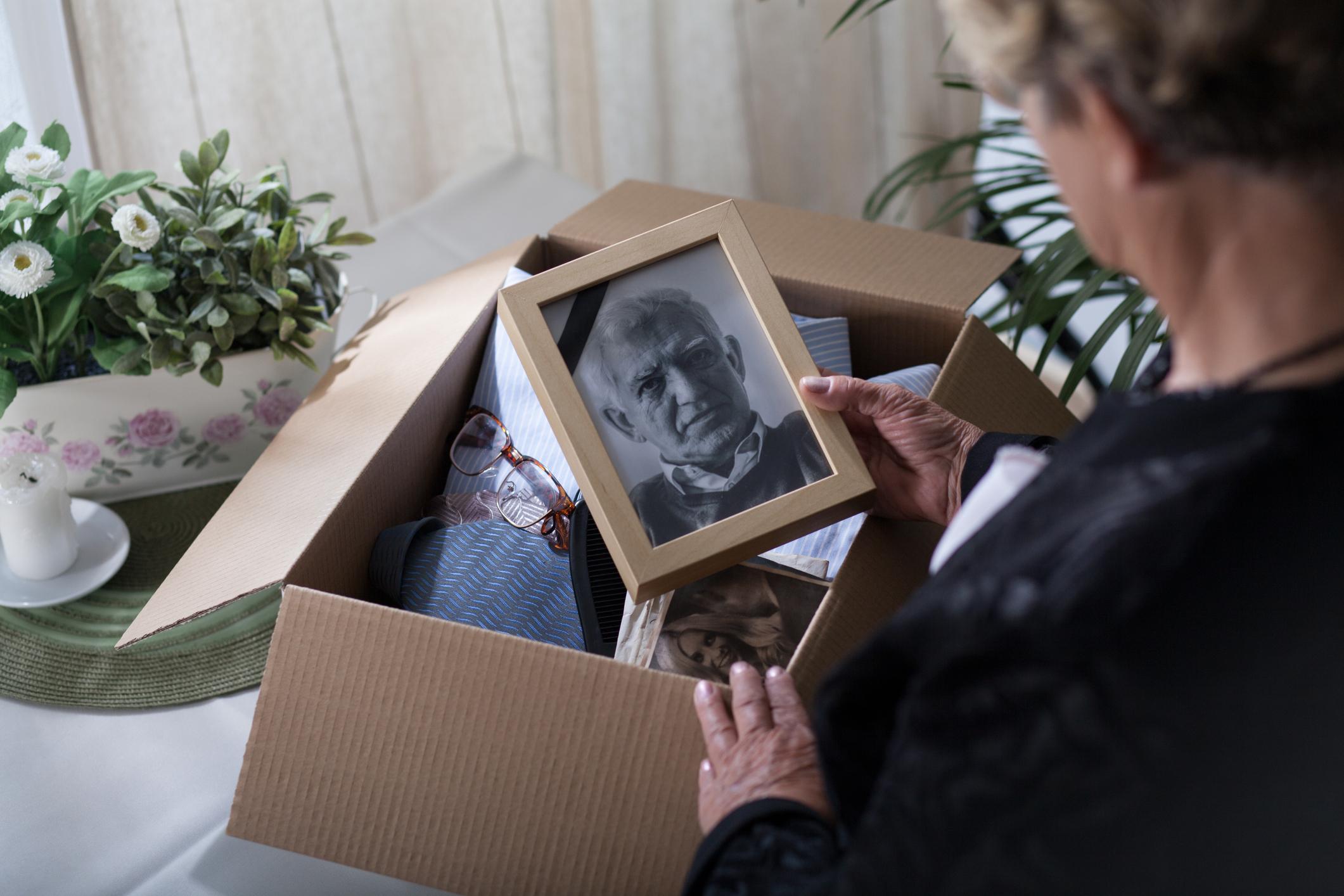
- Alzheimer’s disease is the most common dementia in the elderly.
- Nearly 23% of people over 80 are affected by Alzheimer’s disease, according to the Ministry of Health and Prevention.
On a daily basis, it is common to have oversights. We can, for example, enter a room and no longer know what we were doing there. Another great classic: not knowing where we put our mobile phone, the remote control or our watch. These small oversights are not worrying, but when they become frequent and constant, they can alert to a potential neurodegenerative disorder such as Alzheimer’s disease. This pathology leads to anterograde amnesia, in other words, progressive forgetfulness.
Medical consultation in case of frequent memory problems
According to the scientific journal The Conversationlosing one’s way regularly could be an early marker of Alzheimer’s disease. “Magnetic Resonance Imaging (MRI) studies have shown that areas that crucially underlie memories of our space surroundings are the first to be affected by this degenerative disease”can we read in the publication.
Forgetting medication, missing appointments, loss of personal belongings… All of these signs can be precursors to Alzheimer’s disease. “Apart from emergency situations, a medical consultation is necessary if memory problems persist, worsen or cause concern. A memory check-up can also be carried out”highlighted Ameli Healththe health insurance platform.
Loss of memory: how is the medical check-up carried out?
During the consultation, the doctor conducts an interview with the person suffering from memory loss. This makes it possible to obtain an initial assessment of the disorders. The health professional asks him different questions and stimulates different phases of his memory:
- the memory of the distant past which brings together important dates and places in his life, the history of his family or the various jobs he held;
- the memory of the recent past based on recent news, the last car journey or even the last birthday celebrated;
- the memory of general knowledge like the history of the country, the last presidents, the capital.
During the interview, the doctor also inquires about the date and mode of onset of the memory problems (suddenly, gradually), their impact on daily life and their severity. The practitioner also takes stock of the potential pathologies that can affect the patient and the treatments followed.
Examinations to find the cause responsible for memory problems
As part of the assessment, the attending physician may order memory and mental function tests. They allow to “quantify amnesic disorders and judge whether other functions are altered (attention disorders, behavior disorders, etc.)”, explains Ameli Santé. Magnetic resonance imaging (MRI) of the brain and a blood test can be performed to find the cause responsible for memory problems. If necessary, the doctor can refer the patient to a neurologist and/or a speech therapist.
For the time being, no treatment can cure Alzheimer’s disease, but early treatment can slow down the progression of this degenerative disorder.




-1740653386.jpg)





